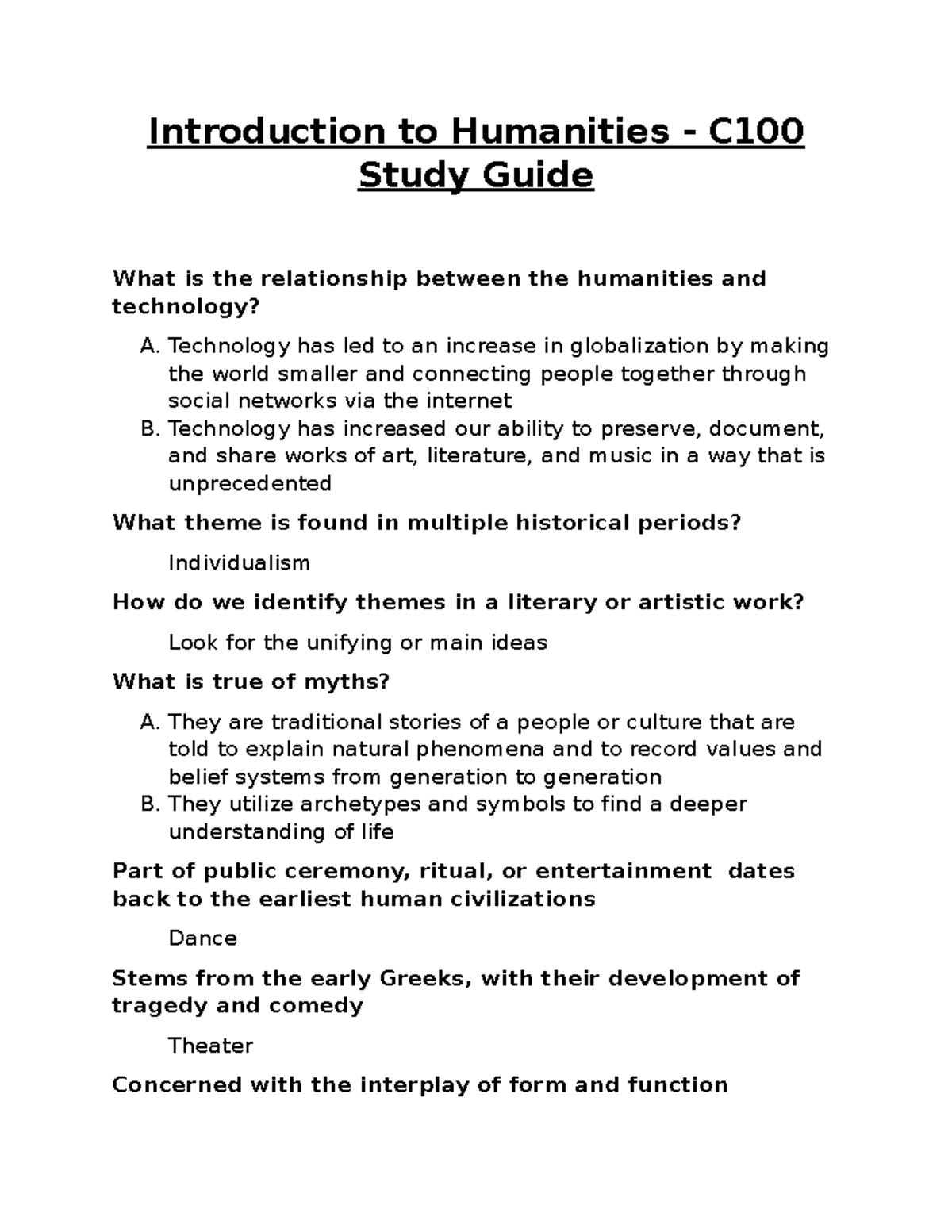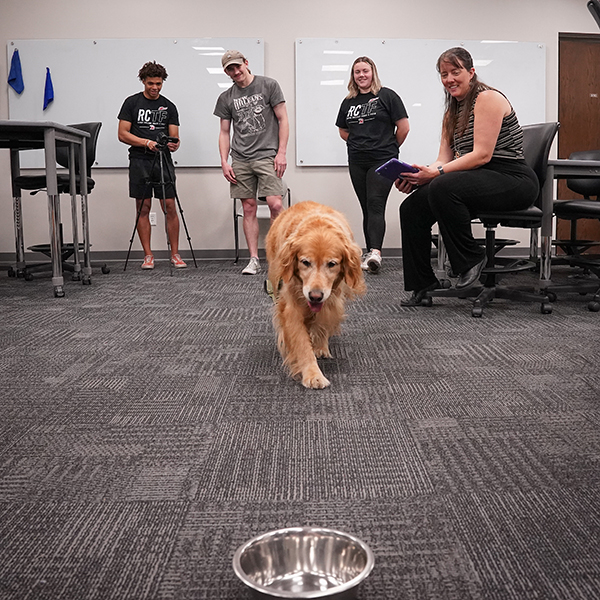In the rapidly evolving landscape of technology, the intersection of AI and social justice is becoming increasingly significant. Pioneers like Ruha Benjamin emphasize the need to critically examine the implications of artificial intelligence on marginalized communities. While AI offers possibilities for future innovations, it is essential to confront the ethical dilemmas it presents, particularly in the realms of equity and accountability. Benjamin’s insights highlight a pressing concern: the narratives surrounding AI often mask self-serving interests rather than genuine commitment to improving the human experience. As we delve deeper into AI ethics, it becomes imperative to advocate for social justice in technology to ensure that advancements are not at the expense of humanity.
At the crossroads of technological advancement and equity, the discourse surrounding intelligent systems and their influence on societal fairness is crucial. Scholars and activists alike are urging a reevaluation of the relationship between emerging technologies and the welfare of vulnerable populations. The dialogue initiated by thought leaders like Ruha Benjamin invites us to consider the role of innovation in shaping equitable futures. Rather than merely viewing artificial intelligence as a tool for progress, it is vital to engage with its social implications and the ethical responsibilities that accompany this evolution. In exploring concepts around the intersection of technology and human rights, we unearth the need for a collective vision that prioritizes inclusivity and justice.
The Responsibility of AI in Shaping Social Justice
In the era of advanced technology, the conversation around artificial intelligence (AI) is becoming increasingly intertwined with social justice. Ruha Benjamin, a prominent sociologist, emphasizes that as AI systems become more prevalent, they also impose ethical dilemmas that disproportionately affect marginalized communities. The implications of AI, from facial recognition technologies leading to wrongful arrests to biased algorithms in healthcare, highlight a pressing need for ethical considerations in their development and deployment. Benjamin warns that the prioritization of technological efficiency often overshadows the profound inequalities embedded within these systems, stressing that society must demand a more just approach to AI.
Furthermore, as AI continues to pervade various aspects of daily life, it is crucial to engage diverse voices in discussions about its impact and governance. Benjamin advocates for the inclusion of those who understand the social dynamics at play, arguing that technological experts alone cannot fully grasp the societal ramifications of their inventions. Bridging the gap between technical know-how and the lived experiences of marginalized groups can foster more equitable AI solutions. In this context, prioritizing social justice in technology is not merely ethical; it is a necessity for building a future where AI serves all of humanity, not just the privileged few.
Imagining a Different Future with AI and Humanity
Ruha Benjamin challenges the notion that AI and technology inherently lead to progress. She argues for a radical reimagining of what our technological future could look like and invites society to think beyond the current limitations imposed by tech elites. The current narratives often portrayed by Silicon Valley leaders focus on visions of superintelligence and Mars colonies—yet they tend to disregard fundamental societal needs like affordable housing and accessible public transportation. By dismissing these public goods as impractical, we inadvertently reinforce a worldview that prioritizes profit and innovation over the wellbeing of the populace.
Instead of succumbing to these dystopian narratives, Benjamin encourages a creative inquiry that embraces the arts and humanities. She believes that facilitating discussions that invite imagination can help dismantle the mental barriers that stifle creative thought. This approach not only inspires innovation but also fosters a deeper understanding of what humanity truly needs from technology. By envisioning an alternative future that prioritizes social justice and collective good, we can strive for a society that uplifts all individuals rather than perpetuating existing inequalities.
Critical Insights from Ruha Benjamin on AI Ethics
Ruha Benjamin’s work centers around the ethical dimensions of technology, particularly AI, and its ramifications for society. By highlighting the consequences of AI’s implementation—where data-driven decisions may lead to enhanced oppression—she calls into question the widely accepted belief that technology is morally neutral. Drawing parallels to the historical abuses of eugenics, Benjamin points out that algorithms used for decision-making can institutionalize biases and perpetuate discrimination against marginalized populations. This critical view demands a reevaluation of who gets to decide what is ethical and beneficial in the realm of technology.
The crux of Benjamin’s argument is the need to integrate a broader spectrum of perspectives in AI development, beyond those with merely technical expertise. She asserts that those creating technology should also be attuned to historical and social contexts. This multifaceted approach will help challenge the narratives surrounding technology that often marginalize essential human values. In doing so, we can begin to reshape AI not just as a tool for efficiency, but as a mechanism that reflects our commitment to social equity and justice.
Reimagining Technology Through Creative Inquiry
The invitation to reimagine technology, as articulated by Ruha Benjamin, is a call to shift the focus from mere modifications of existing systems to the cultivation of imaginative alternatives. Instead of simply aiming to make flawed technologies less harmful, Benjamin urges us to envision entirely new paradigms—ones that prioritize human well-being and societal flourishing. This transition requires a rejection of conventional narratives that define progress only in terms of technological advancement and profit.
Creativity in technology goes hand in hand with the importance of humanities education. Benjamin argues that universities and educational institutions should nurture creativity and critical thought as pillars of technological advancement. By merging the insights from the arts and sciences, we can foster an environment that encourages thoughtful reflections on the future of humanity and technology. This interdisciplinary approach can pave the way for innovative solutions that not only advance technology but also enhance social justice and communal integrity.
The Role of Society in Shaping AI Futures
A critical element of Benjamin’s discourse on AI revolves around the role of society in shaping the future of technology. Instead of letting tech elites dictate the terms of technological evolution, it is essential for the broader society to engage in dialogues about the purposes and implications of AI. By assembling diverse voices, including activists, scholars, and ordinary citizens, the conversation can shift towards collective accountability and shared aspirations. This societal involvement can cultivate a culture of technological innovation that serves the needs and interests of all.
Moreover, such collective engagement can help counteract the notion that advanced technology is synonymous with exclusion. Benjamin stresses that by fostering a democratic process in technological discussions, we can create AI solutions that reflect the values of equity and justice. This emphasizes the need for inclusive frameworks that enable diverse communities to influence decisions affecting their lives. Ultimately, empowering society to shape the trajectory of AI holds the potential to alleviate current disparities and foster a more enlightened and humane technological landscape.
Challenging Dystopian Narratives of AI Development
Often, discussions about the future of AI are dominated by dystopian narratives that evoke fear and uncertainty—ranging from the rise of superintelligence to the threats posed by a technologically advanced surveillance state. Ruha Benjamin challenges these dystopian projections by underscoring the importance of critical reflection and creative thinking. She argues that these narratives can overshadow the potential for a humane coexistence with technology, thus resulting in a society that prematurely accepts oppressive technological regimes.
By presenting a critique of these dominant narratives, Benjamin encourages a paradigm shift toward envisioning a future where technology is a tool for collective empowerment rather than subjugation. Emphasizing the need for imaginative possibilities, she calls for strategies that harness creativity as a catalyst for social change. The challenge lies not in resisting technological progress, but in shaping it mindfully and ethically, ensuring that the advances we embrace are rooted in principles of social justice and equity.
Embracing a Holistic View of AI and Humanity
Benjamin’s work compels us to consider AI not merely as a set of algorithms and data but as an integral part of the human experience. This holistic perspective transcends the technical dimensions of AI, urging us to examine how technology interplays with social structures and cultural values. Embracing this view invites a deeper examination of how technologies can either reinforce or dismantle existing hierarchies within society. It urges stakeholders to think critically about the broader implications of AI developments on social justice.
In pursuing a future of AI that genuinely serves humanity, it is essential to integrate considerations of ethics, empathy, and social responsibility into the technological narrative. Benjamin argues that understanding the complexities of human relationships and societal needs must guide AI innovations, allowing for systems that instead of perpetuating inequality, can promote empowerment. This expanded lens encourages a collaborative dialogue that involves not only technologists but also historians, ethicists, and activists, reflecting a diverse tapestry of human experience in shaping technology that respects and uplifts all.
Pushing for Policy Change in AI Regulation
As AI technology continues to advance, the need for robust policy frameworks becomes increasingly evident. Ruha Benjamin advocates for policy changes that prioritize ethical considerations and social justice in AI development. She underscores that without appropriate regulations, technologies may perpetuate harmful practices that disproportionately affect marginalized communities. As AI systems evolve within a landscape of innovation and entrepreneurship, proactive governance is essential to ensure that technological growth aligns with societal values.
Effective policy-making must involve a wide range of stakeholders, including technical experts, social scientists, community representatives, and policymakers. By fostering collaborative approaches to regulation, we can create a system in which AI technologies contribute positively to society. Moreover, implementing policies that focus on transparency, accountability, and inclusive participation will help mitigate against the risks of AI and promote an equitable tech landscape that benefits all citizens, particularly those often left behind.
Creating Engaging Public Discourse on Technology and Ethics
Ruha Benjamin’s emphasis on reimagining public discourse around technology highlights the necessity of engaging conversations that bridge the gap between technology and social justice. By fostering a rich dialogue surrounding the implications of AI, we can raise awareness about ethical concerns and invite collective action. These discussions can mobilize communities to advocate for fair practices in AI development while also holding technological leaders accountable for the societal impacts of their innovations.
Creating a platform for public discourse can also serve as a space for collaboration between artists, scholars, and technologists, drawing from diverse perspectives to inform a more humane technological future. This collective engagement can help to reshape the narratives surrounding technology, positioning AI as a means to create inclusive environments rather than tools of oppression. By embracing a culture of critical inquiry, society can work towards a shared vision where technological advancements reflect equity and justice at their core.
Frequently Asked Questions
How is Ruha Benjamin contributing to the discussion on AI and social justice?
Ruha Benjamin, a noted sociologist, emphasizes that AI and social justice must go hand in hand. In her lectures, she argues against the notion that technology elites provide solutions for societal issues. Instead, she highlights how AI technologies often exacerbate inequalities, advocating for a future where social justice is integral to AI development.
What are the ethical implications of AI according to Ruha Benjamin?
Ruha Benjamin argues that AI ethics cannot be solely based on algorithms without understanding historical and social contexts. She warns that AI systems, framed as morally neutral, may perpetuate biases and social injustices, echoing the mistakes of past eugenics movements. Therefore, ethical considerations in AI must prioritize social justice.
Why should humanity reconsider its relationship with technology, especially AI?
Benjamin urges a reevaluation of how humanity interacts with technology, stressing that AI-driven approaches can lead to oppression rather than progress. By reimagining AI with an emphasis on creativity and social good, we can build systems that promote equity rather than deepen existing divides.
What role does creativity play in addressing social justice in technology?
Creative inquiry is essential, according to Ruha Benjamin, as it allows for bold reimagining of AI systems that support social justice. She advocates for integrating arts and humanities into technological discourse, challenging the technical dominance in tech discussions to include diverse perspectives.
How can AI technologies be redesigned to prioritize social justice?
Benjamin suggests that redesigning AI for social justice requires input from various knowledge fields. By moving beyond a narrow technical focus and incorporating diverse social perspectives, we can develop AI solutions that truly address human needs and dismantle systemic inequalities.
In what ways can AI exacerbate social injustices?
AI can perpetuate social injustices through biased algorithms that affect marginalized groups disproportionately, such as in facial recognition technologies leading to wrongful arrests. Ruha Benjamin calls for critical engagement with such technologies to prevent them from reinforcing existing societal oppressions.
What vision does Ruha Benjamin propose for the future of AI and social justice?
Ruha Benjamin envisions a future where AI is not only efficient but also serves the common good, prioritizing humanity over profit. She advocates for questioning current tech narratives and actively imagining a world that challenges traditional power structures and prioritizes social equity.
How does Ruha Benjamin link past injustices to current AI technologies?
Benjamin draws parallels between the discriminatory practices of the 20th-century eugenics movement and the current deployment of AI technologies, arguing that without understanding social history, we risk repeating these injustices. This link reinforces the need for ethical standards in AI that align with social justice.
Why is it important to include marginalized voices in discussions about AI and social justice?
Including marginalized voices is crucial in discussions about AI and social justice because they can provide insights that challenge dominant narratives and help ensure that AI developments do not exacerbate existing inequalities. Ruha Benjamin emphasizes that diverse perspectives can lead to more equitable technological advancements.
What is the significance of Ruha Benjamin’s call to action in the context of AI?
Ruha Benjamin’s call to action is significant as it encourages a shift from passive acceptance of AI technologies to active reimagining of their potential. She urges people to envision a future that prioritizes social justice, inviting creativity and critical thinking to create a more humane technological landscape.
| Key Point | Details |
|---|---|
| AI and Social Justice | Ruha Benjamin emphasizes the importance of reimagining the role of AI in society to promote social justice rather than oppression. |
| Critique of Tech Elites | Benjamin argues that billionaire tech leaders cannot be trusted to prioritize the collective good, as their motives often reflect self-interest. |
| Impact of AI Technologies | AI can perpetuate oppression by negatively affecting marginalized communities through systems like facial recognition and automated healthcare triage. |
| Mathematics vs. Social Context | She warns against the misconception that AI is morally neutral, as it can replicate past injustices if not examined within a social and historical context. |
| Vision for the Future | Benjamin calls for envisioning a future that prioritizes creativity and inclusion, challenging existing societal norms and structures. |
| Reimagining Solutions | She urges a shift from merely making harmful systems less dangerous to completely rethinking their existence and purpose. |
Summary
AI and social justice are intrinsically linked, as Ruha Benjamin advocates for a critical re-evaluation of how artificial intelligence is integrated into our society. By recognizing the limitations and potential harms of AI technologies—particularly for marginalized communities—Benjamin invites us to rethink not just technological advancements but also the fundamental values upon which they are built. Emphasizing imagination and creativity as essential tools for shaping a more equitable future, she urges a collective effort toward envisioning solutions that respect human dignity and foster social justice.



